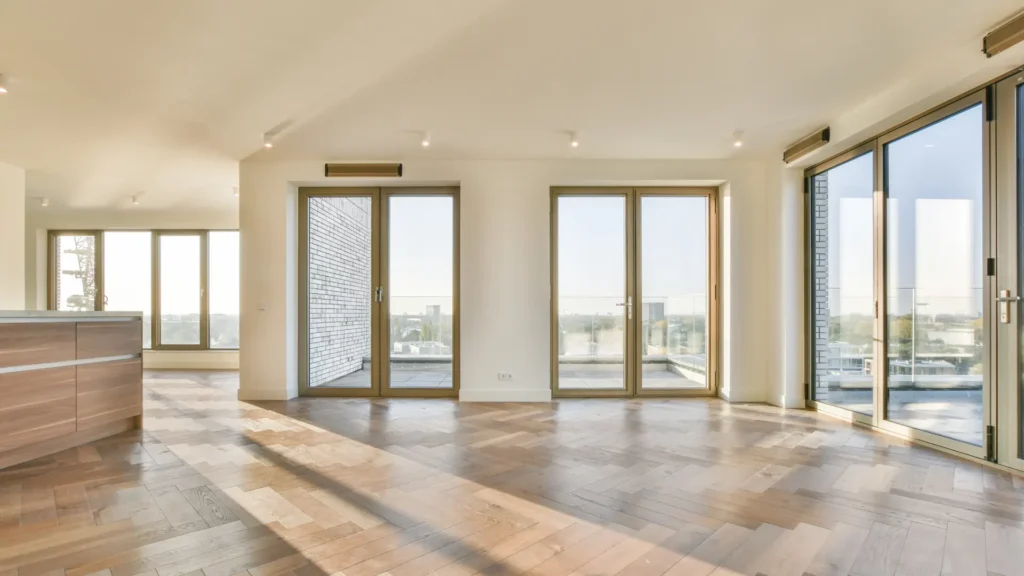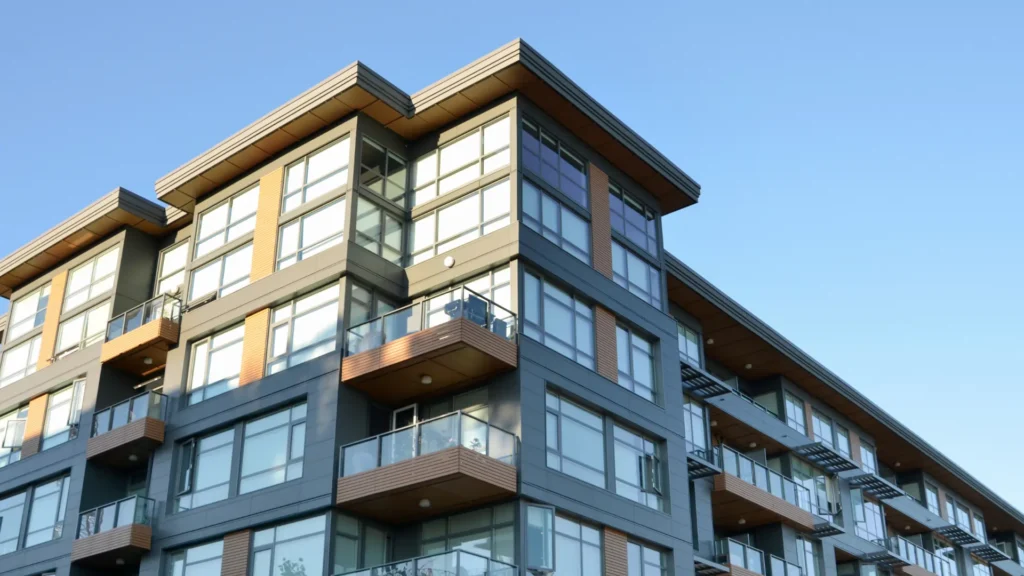Windows may seem like a small detail in rental housing, but under HUD’s NSPIRE standards, they play a critical role in both tenant safety and property compliance. Failing to meet HUD window requirements can result in inspection penalties, lower scores, and even funding risks for housing authorities and property managers.
This guide breaks down HUD’s window rules, common inspection pitfalls, and practical ways to stay compliant year-round. If you want peace of mind before inspectors arrive, scheduling a NSPIRE pre-inspection is the best place to start.

What Are HUD Window Requirements?
HUD window requirements are standards set by the U.S. Department of Housing and Urban Development (HUD) to ensure that windows in federally assisted housing are safe, operable, and functional. These rules apply across HUD programs—including Public Housing, Multifamily Housing, and the Housing Choice Voucher Program.
At a minimum, windows must:
- Open and close fully.
- Lock securely.
- Remain free of cracks, missing panes, or severe deterioration.
- Provide adequate weatherproofing without major drafts or leaks.
To prepare effectively, download our Free NSPIRE Checklist and review window inspection points in advance.

Key HUD Window Standards Under NSPIRE
HUD’s NSPIRE program establishes detailed requirements for how windows are scored during inspections. These rules emphasize resident safety, unit habitability, and structural integrity.
HUD Requirements for Bedroom Windows
Bedroom windows must meet egress requirements, meaning they provide a safe escape route during emergencies such as fires. If a bedroom window is blocked, painted shut, or otherwise inoperable, inspectors may classify it as a life-threatening deficiency.
Proactive managers often use a maintenance work order management system to track and resolve these issues before they become inspection failures.
Security and Locking Mechanisms
Every window must have working locks or latches. Missing or broken locks create safety hazards and fail compliance checks. In certain units, window guards may also be required to prevent falls.
Common Failures During Window Inspections
HUD inspectors regularly cite issues such as:
- Windows painted shut or stuck closed.
- Broken or missing locks.
- Cracked or missing glass.
- Blocked egress routes (furniture or obstructions in front of windows).
Even minor deficiencies can lower inspection scores, making preventive maintenance critical.

How HUD Window Requirements Affect Inspections
Windows are not just cosmetic features—they directly affect NSPIRE scoring and compliance. Under NSPIRE, unsafe or nonfunctional windows may be flagged as life-threatening deficiencies. These require immediate correction or risk penalties.
Impact on HUD Scores and Funding
A failed inspection doesn’t just cause frustration—it can also jeopardize HUD funding or trigger repeat inspections. For investors, low inspection scores reduce property value and tenant trust.
Preparing for Window Inspections
Smart property managers:
- Inspect locks and latches regularly.
- Replace cracked glass immediately.
- Confirm every bedroom has an operable egress window.
- Document all repairs to show proof of compliance.
If windows require more than spot repairs, apartment renovations may be the most effective long-term solution.

Staying Compliant With HUD Window Requirements
Meeting HUD window standards isn’t a one-time task—it requires an ongoing compliance strategy.
Proactive Maintenance Strategies
Schedule regular inspections to ensure windows remain operable and safe. Document findings and address minor issues before they escalate. A maintenance work order management system can help track deficiencies and ensure accountability.
Renovations as a Compliance Solution
Sometimes, full replacements are necessary. Old or deteriorating windows often fail HUD inspections and reduce energy efficiency. Investing in apartment renovations improves both compliance and tenant satisfaction.
How NSPIRE Experts Helps You Meet HUD Window Requirements
Navigating HUD inspections can be complex, but you don’t have to do it alone. NSPIRE Experts helps property managers and housing authorities by:
- Conducting pre-inspections to identify window deficiencies.
- Managing work orders to streamline repairs.
- Providing staffing solutions for ongoing maintenance.
- Planning and executing full renovations for long-term compliance.
Start preparing now—contact NSPIRE Experts for guidance, or download our Free NSPIRE Checklist to spot deficiencies early.
Be Inspection Ready Year-Round
HUD window requirements are designed to protect tenants and properties alike. By ensuring windows are operable, secure, and safe, you’ll improve inspection outcomes, reduce risks, and preserve property value.
Don’t wait for inspectors to point out deficiencies—schedule an NSPIRE pre-inspection today and keep your properties inspection-ready year-round.
